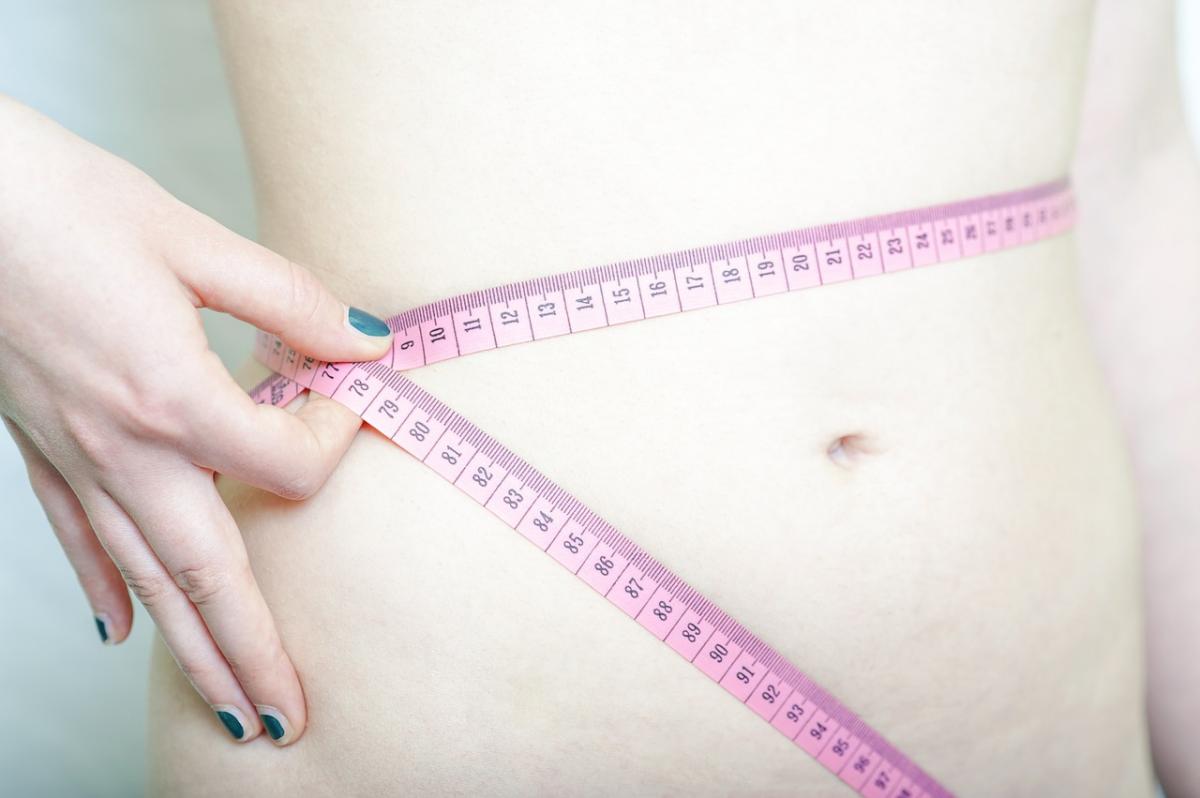Volume 2, Issues 1–2, 15 April 2013, Pages 39–48
Author(s):
 Emily K. Sandoz, Kelly G. Wilson, Rhonda M. Merwin, Karen Kate Kellum
Emily K. Sandoz, Kelly G. Wilson, Rhonda M. Merwin, Karen Kate Kellum
Abstract:
Acceptance and mindfulness components are increasingly incorporated into treatment for eating disorders with promising results. The development of measures of proposed change processes would facilitate ongoing scientific progress. The current series of studies evaluated one such instrument, the Body Image-Acceptance and Action Questionnaire (BI-AAQ), which was designed to measure body image flexibility. Study one focused on the generation and reduction of items for the BI-AAQ and a demonstration of construct validity. Body image flexibility was associated with increased psychological flexibility, decreased body image dissatisfaction, and less disordered eating. Study two demonstrated adequate internal consistency and test–retest reliability of BI-AAQ. Study three extended findings related to structural and construct validity, and demonstrated an indirect effect of body image dissatisfaction on disordered eating via body image flexibility. Research and clinical utility of the BI-AAQ are discussed. The BI-AAQ is proposed as a measure of body image flexibility, a potential change process in acceptance-oriented treatments of eating disorders.
